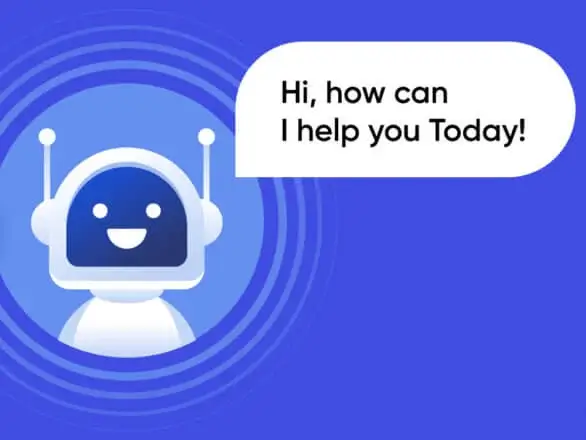
Introduction
AI continues to impress, grow, and dominate today’s content creation. It can provide many benefits that help with quantity and quality. However, AI doesn’t come without its limitations, which are important to know and understand. Therefore, here are the dos and don’ts when using AI to help with your content.
Do: Tell AI to Write in British English

When asking AI to write something or check your spelling, do make sure to specify British English if you are based in the UK. Failing to do so will result in American English. Therefore, keep an eye out for those common words spelled differently in American and British English, such as color/colour, center/centre, and gray/grey.
Tip: When using the AI programme ChatGPT, you can change your preferred language in the settings. However, as of writing, English (UK) is not an option.
Don't: Use AI for the Latest News

Spain won UEFA Euro 2024 on 14th July; however, AI is not up-to-date with the latest news and events.
AI is incredibly useful for numerous tasks. However, one area where AI cannot assist effectively is with the latest news. As of writing, ChatGPT’s knowledge is only current up to October 2023, which is nearly a year behind today’s date. Therefore, if you need information on recent news and events, it’s best not to ask AI as it may provide inaccurate information.
Do: Dim it Down

A strange request, but when asking AI to write something for you, sometimes its response is too good and overwhelming, making it sound more AI than human, resulting in a poor reading experience for the user. A good content writing tip to always remember is to write as if you have a drink in your hand while talking to someone at your local pub. Therefore, if you think the content AI provided is too much, ask AI to ‘dim it down,’ and it will provide content that is nicer to read and understand.
Tip: Make sure you or another human proofread any content AI writes for you, and ensure it reads similar to your style and brand. Failing to do so will result in inconsistency in your content and make it obvious to your audience that you are relying too much on AI for your content.
Don't: Shorten Your Content to a Specific Amount

When asked to shorten to 70 characters or less, the AI’s response was 94 characters long.
One for SEO: A common Search Engine Optimization practice is to keep your title within 70 characters and your meta description within 160 characters. This ensures search engines like Google don’t cut off any content. Some may ask AI to shorten their meta titles and descriptions to meet these requirements. However, AI can often do a poor job of this, failing to shorten your content correctly, rendering the request ineffective.
Tip: If you’re using AI to shorten your content by a specific amount, paste the content on Online Character Count Tool afterward to make sure that the count is correct.
Do: Use AI to Come Up With Ideas

Sometimes it’s challenging to come up with fresh content for your audience. Another useful AI tool is to ask for ideas for blogs, social media posts, newsletters, etc. AI can also help determine key points to discuss and provide a structured outline for a readable and enjoyable read.
Don't: Use AI for Statistics

As of writing, Harry Kane currently has 66 goals for England. However, AI thinks he’s only on 59 goals.
Providing statistics can enhance the reading experience for users and contribute to your Expertise, Authoritativeness, and Trustworthiness (E-A-T). However, incorrect statistics can undermine your content. The issue with using AI for statistics is similar to relying on AI for the latest news—it’s only updated until October 2023 as of writing. Therefore, any statistics provided by AI are likely to be outdated or inaccurate. If you are including statistics in your content, it’s crucial to research outside of AI.
Final Thoughts
In summary, AI can provide a wealth of benefits. It can assist with spelling and grammar, generate interesting and fresh content ideas, and help structure your pages, making your content readable and enjoyable for your audience.
However, relying too heavily on AI has consequences. It can lead to inaccurate content and a tone that doesn’t align with your brand, making it obvious to readers that AI was heavily used. Therefore, always review, proofread, and fact-check your content. Despite AI’s capabilities, a human perspective will always be more important.
